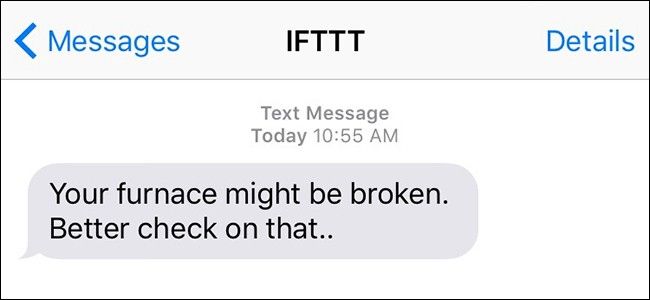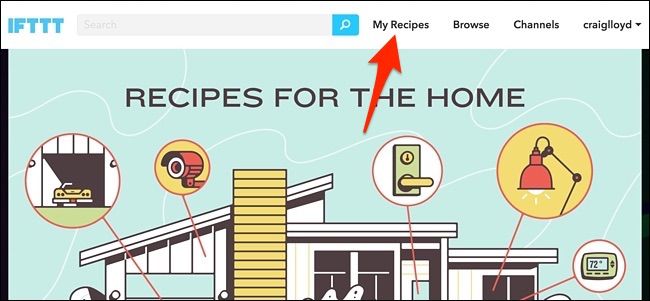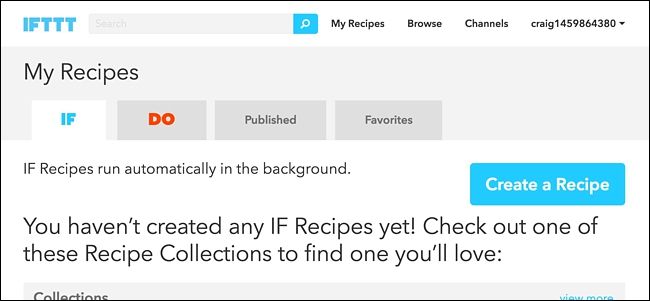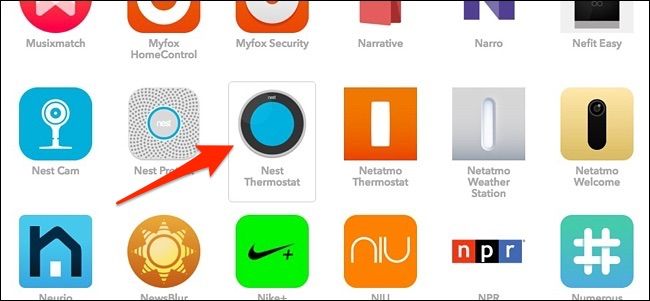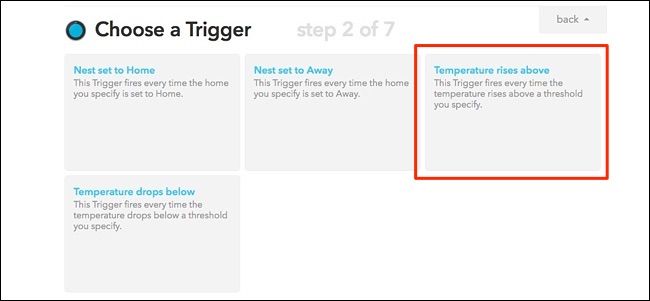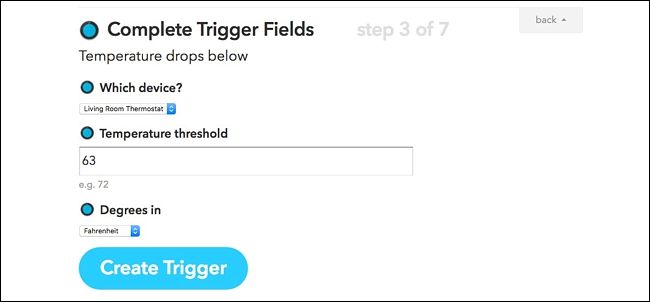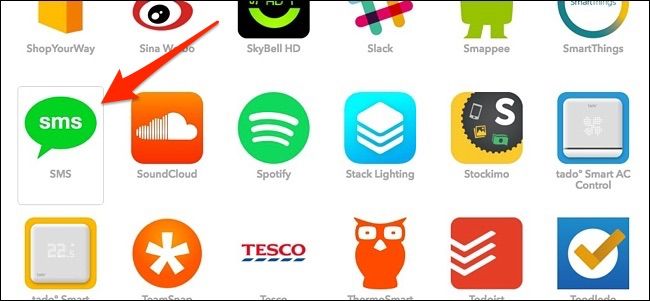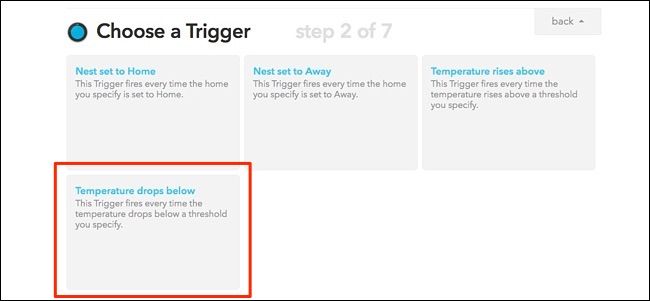If you're away from home and your furnace or A/C breaks down, bad things can happen. If you have a Nest Thermostat, you can get notified whenever this happens, so that you can fix the problem before it becomes...well, an even bigger problem.
A broken furnace or A/C unit is not only troublesome by itself, but it can cause a lot of other secondary problems. If the furnace breaks down, you risk water pipes freezing and busting open, and if the air conditioning fails in the middle of the summer, you risk making your house really hot, which can be a problem for any pets that you might have left alone for a couple of days.
Thankfully, thanks to a neat online service called IFTTT, you can receive notifications on your phone whenever your Nest Thermostat senses that the indoor temperature has dipped below or risen above what it's set at. So if you set your air conditioning to 74 degrees and your Nest Thermostat reports that it's 78 degrees in your house, that's a telltale sign that something is wrong.
If you haven’t used IFTTT before, check out our guide to getting started for info on how to create an account and connect apps. Then, come back here to create the necessary recipes.
For your convenience, we’ve created the two recipes in their entirety and embedded them here–so if you’re already well versed in IFTTT, just click the “Add” button below. One recipe is for the winter when your furnace is on and the other is for the summer when the air conditioning is on. You’ll need to connect the Nest Thermostat and the SMS channel if they aren't already.
If you want to customize the recipes (which you’ll likely want to do if you want to use another notification method other than SMS), here’s how we created it. Start by heading to IFTTT’s home page and click “My Recipes” at the top of the page.
Next, click on “Create a Recipe”.
Click on “this” highlighted in blue.
Type “Nest Thermostat” in the search box or find it in the grid of products and services below that. Click on it when you find it.
Next, on the "Choose a Trigger" page, click on "Temperature rises above".
On the next page, select your Nest Thermostat under "Which device?" and then enter in a temperature threshold. When your Nest Thermostat detects an indoor temperature over this number, you'll receive a notification. Also, select Fahrenheit or Celsius under "Degrees in".
Next, click on “that” highlighted in blue to set up the action that happens whenever the trigger fires.
Type “SMS” in the search box or find it in the grid of products and services below that. Click on it when you find it.
Click on "Send me an SMS".
Type in the message that you want to receive whenever the trigger fires and then click on "Create Action".
On the next page, give your recipe a custom title if you want and then click on “Create Recipe”.
Your recipe is now live! You can create a similar recipe to this one, but for the winter, so if the indoor temperature ever drops below what your Nest Thermostat is set at, you can receive an SMS alert. Essentially, you just repeat the steps above, but on the "Choose a Trigger" page, instead of selecting "Temperature rises above", you'll select "Temperature drops below".
From there, you'll enter in a number a few degrees colder than what you have your heat set to on the thermostat, so whenever the indoor temperature gets colder than that, you'll get a notification telling you that your furnace is most likely having problems.

